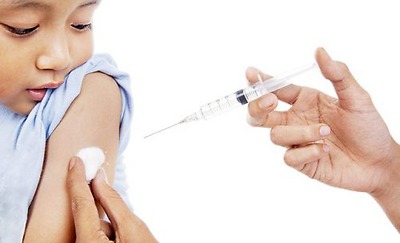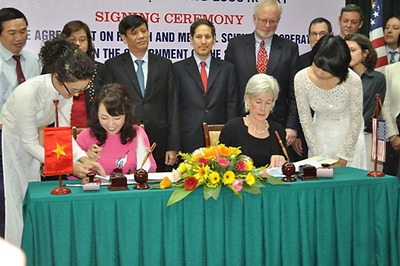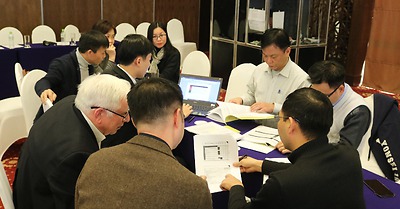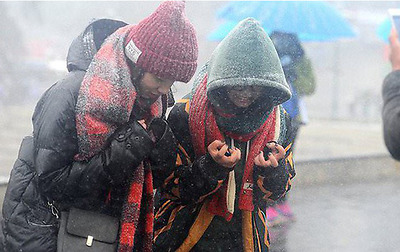Entering July, many heavy rains and storms occurred in provinces and cities, causing widespread flooding, directly affecting the lives of people, especially in the northern mountainous and central coastal provinces.
Entering July, many heavy rains and storms occurred in provinces and cities across the country, causing widespread flooding, directly affecting people's lives, especially in the northern mountainous provinces. , Central Coast. This is also the time when the disease risks in the rainy season threaten the public health.
During and after storms, floods, a multitude of microorganisms, dust, garbage, waste, ... followed the overflow of water in many places, causing environmental pollution and potential risks of epidemics. The common diseases in the rainy season include: dengue fever, malaria, gastrointestinal diseases such as cholera, dysentery, typhoid, diarrhea, foot water disease, flu, red eye pain, ...
To proactively prevent epidemics in the rainy season, the Department of Preventive Medicine recommends people to take measures to prevent epidemics as follows:
1. Ensure safe, hygienic food preparation and food preparation, eating cooked food and boiled water.
2. Wash your hands often with soap before and after handling food, before eating, and after using the toilet.
3. Personal hygiene every day, clean feet and dry between toes after exposure to flood water or contaminated water.
4. Eliminate larvae / larvae, kill mosquitoes by covering tanks, water tanks, placing fish in large water containers, removing waste such as bottles, jars, car tires ... or water holes natural to prevent mosquitoes from laying eggs
5. Blind sleep during the day
6. Clean water tanks, wells, water containers and use chemicals to disinfect drinking and living water according to the guidance of health workers.
7. Follow the principle of how far the water drains to clean, collect, handle and bury the dead bodies according to the guidance of medical staff.
8. When there are signs of suspicion of infection, it is necessary to seek examination and treatment at the nearest medical facility.
dewagacor
Admin











 Featured news
Featured news
